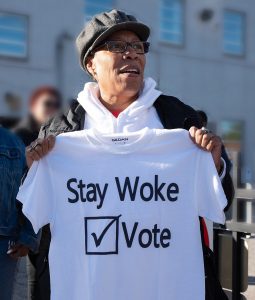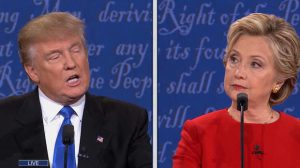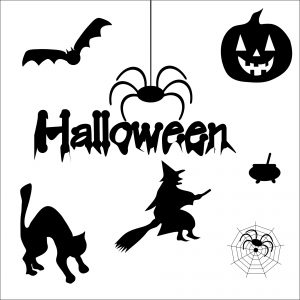Welcome to the Perfect English NYC Blog
This is the blog of the Perfect English NYC website. If you are looking for private 1:1 ESL/English lessons/tutoring, please go to the HOME page to get started. If you are looking for FREE resources to help you learn English, please check out the links to your right. Posts below may contain short lessons, ideas for self-study, and/or stories about American culture, holidays, traditions, etc — and especially about life in New York City for newcomers!
 My advanced English students, many with high-level positions and graduate degrees, have lately been stumped by a one syllable word: woke. It appears not only on social media, but often in news stories and opinion pieces.
My advanced English students, many with high-level positions and graduate degrees, have lately been stumped by a one syllable word: woke. It appears not only on social media, but often in news stories and opinion pieces. 

 All languages have phrases and saying involving parts of the body. English has a lot of them! I’m only going to write about a few of the more common uses of the word “hand” here. If you would like more, please let me know in the comment section below.
All languages have phrases and saying involving parts of the body. English has a lot of them! I’m only going to write about a few of the more common uses of the word “hand” here. If you would like more, please let me know in the comment section below. Every four years the United States
Every four years the United States  This week ALL of my students have been asking me about Halloween, so I thought it was worthy of a post.
This week ALL of my students have been asking me about Halloween, so I thought it was worthy of a post.